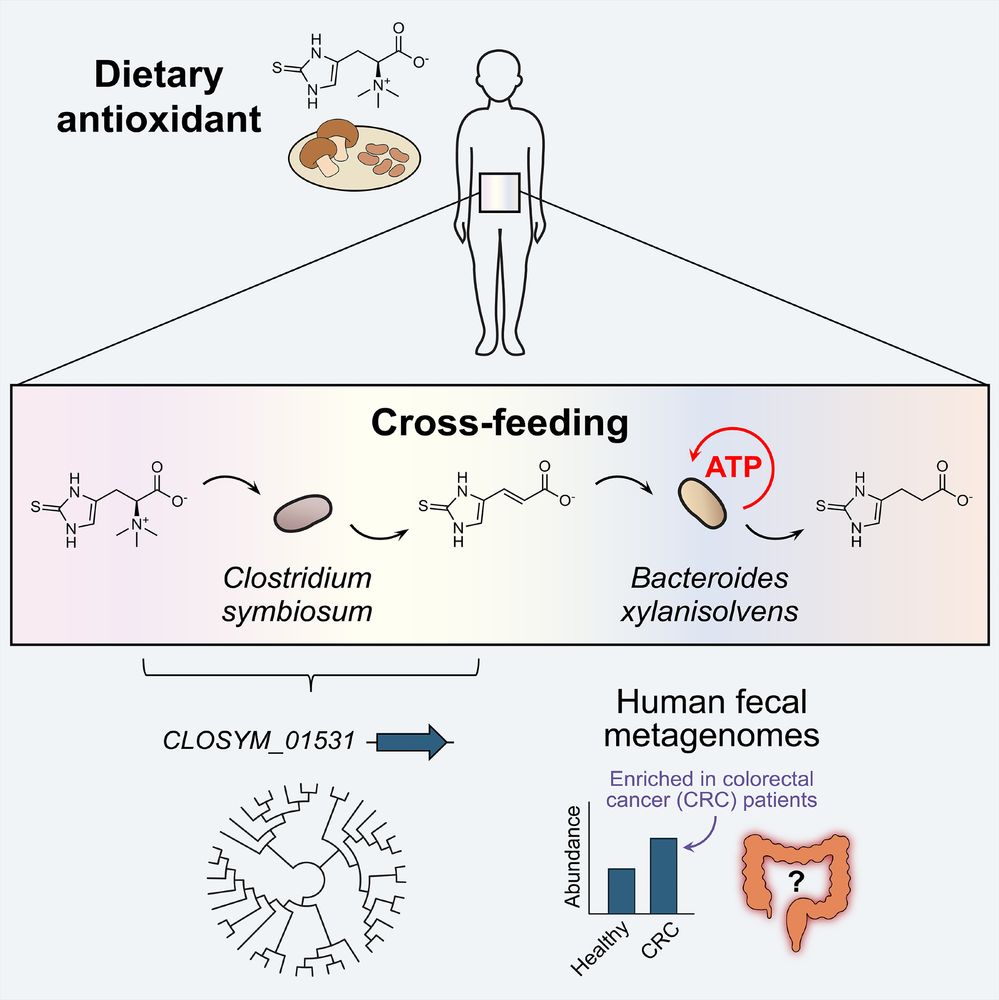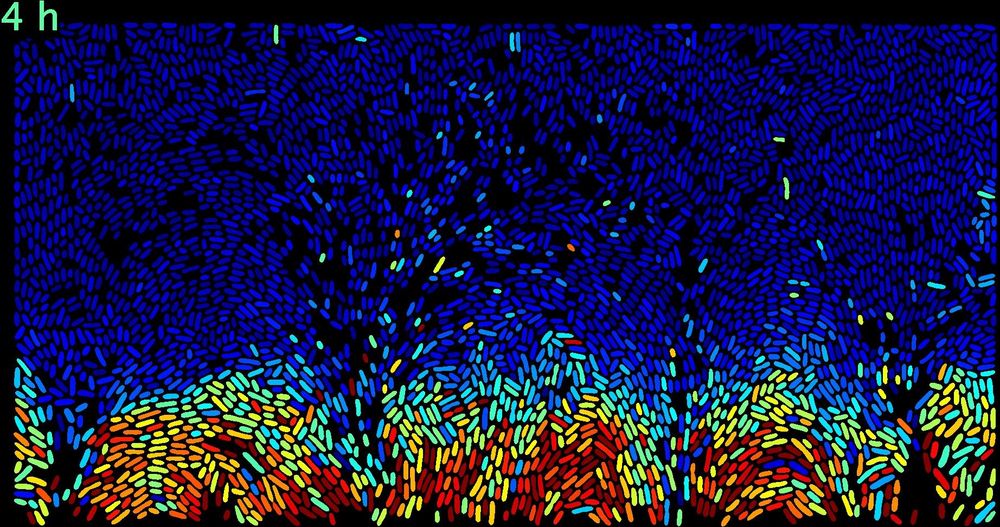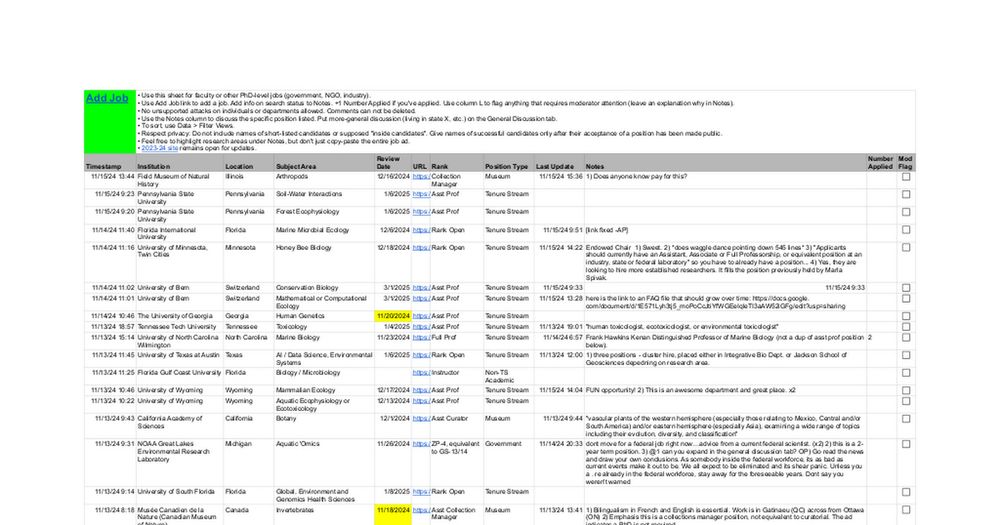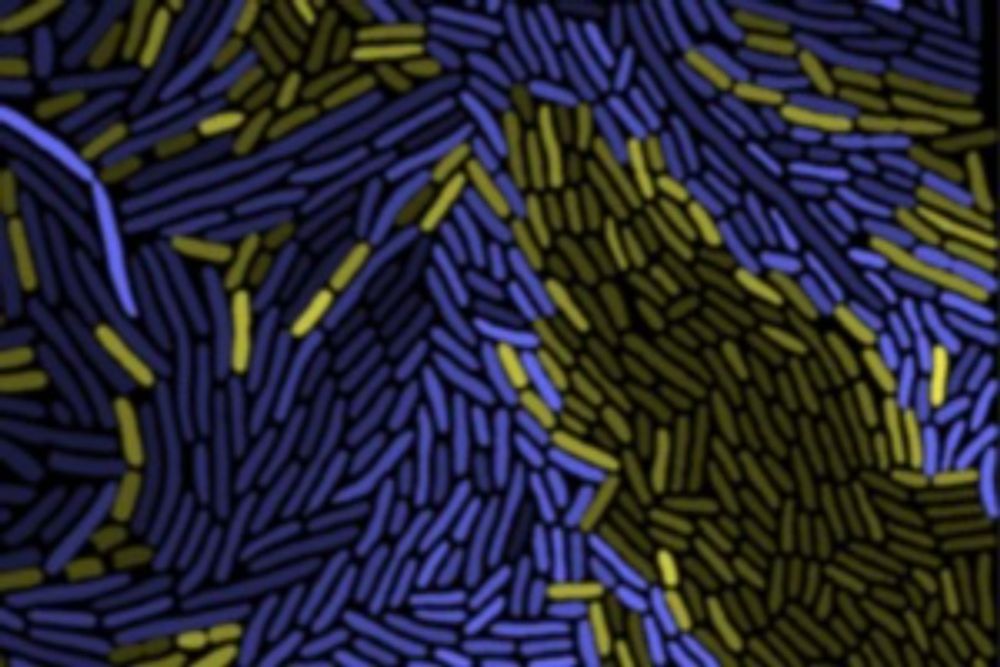Martina Dal Bello
@martinadalbello.bsky.social
830 followers
980 following
11 posts
Microbial community ecologist 🦠 - Microbiomes, biodiversity, environmental change - Assistant Professor Yale EEB & MSI - 🇮🇹 -> 🇺🇸 - she/her
https://www.dalbellolab.com/
Posts
Media
Videos
Starter Packs
Reposted by Martina Dal Bello
Reposted by Martina Dal Bello
Reposted by Martina Dal Bello
Casey Dunn
@caseywdunn.bsky.social
· Aug 28
Reposted by Martina Dal Bello
Jana Huisman
@jhuisman.bsky.social
· Aug 25

Microbial communities demonstrate robustness in stressful environments due to predictable composition shifts
Environmental stress reduces species growth rates, but its impact on the function of microbial communities is less clear. Here, we experimentally demonstrate that increasing salinity stress shifts com...
www.biorxiv.org
Reposted by Martina Dal Bello
Reposted by Martina Dal Bello
Reposted by Martina Dal Bello
Reposted by Martina Dal Bello
Reposted by Martina Dal Bello
Reposted by Martina Dal Bello
Reposted by Martina Dal Bello
Reposted by Martina Dal Bello
Reposted by Martina Dal Bello
Andy Goodman
@agoodmanct.bsky.social
· Feb 5
Cell Press
@cellpress.bsky.social
· Feb 4

A human gut bacterium antagonizes neighboring bacteria by altering their protein-folding ability
Antagonism shapes microbiomes. Lim et al. identify a mechanism used by human gut commensals
to antagonize related bacteria. The secreted effector Bte1 alters the protein-folding
machinery of targeted ...
www.cell.com
Reposted by Martina Dal Bello
Reposted by Martina Dal Bello
Reposted by Martina Dal Bello
Reposted by Martina Dal Bello
Reposted by Martina Dal Bello










